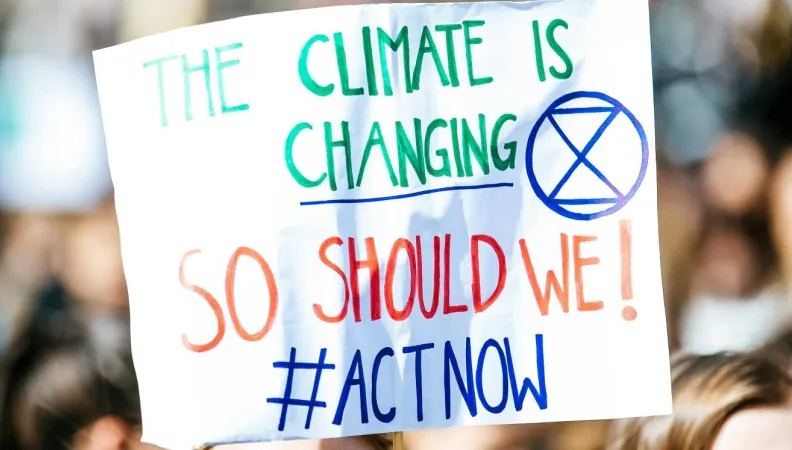Share the page
Climate Change: Promoting and Supporting Citizen Engagement
Published on

The climate emergency is prompting calls across the globe demanding more active citizen participation. We are seeing a proliferation of initiatives and schemes geared towards this, including in operations financed by AFD. Céline Bernadat, Head of the Citizens and Institutions Division, tells us why AFD is working to promote more democratic innovation.
Why does AFD wish to promote citizen participation in the operations it finances, especially for climate action? What resources does it mobilize for this?
Céline Bernadat: Citizen participation is a tool that public institutions can use to gain a better understanding of all the needs and expectations of citizens, with the objective of adapting public programs and policies accordingly. In fact, it fosters greater ownership of projects by users and helps improve the quality of the services provided. In addition, it’s obviously a way of building confidence between citizens, including the most vulnerable, and institutions. For these reasons, AFD helps its partners include citizens in the debate and jointly develop public action, while taking account of the diversity of local political situations.
For example, in terms of climate issues, our team has started working in Georgia on providing support for a “green transition” program covering aspects of the just transition through an online consultation. Indeed, when policymakers develop a public policy, they may wish to conduct a consultation process to stimulate debate and outline prospects and consensus, so that they can prepare legislation or define broad guidelines on a particular issue. AFD can also offer support to contracting authorities to help them define and implement a process for citizen participation, enabling them to prioritize, locate and/or develop investments.
And AFD can provide enhanced support to public institutions, to help them on their path towards organizational transformations. It can either be for the development of a medium/long-term strategy for citizen participation, or to assist organizational changes brought about by practices related to citizen participation.
In combination with this, AFD supports civil society initiatives that can contribute to public action, and we also promote new forms of dialogue.
Can you give us an example of how this type of process has produced effects on the projects supported?
Céline Bernadat: AFD is working with the European Union to help the Government of Ghana increase resilience to climate change in Tamale, the capital of the Northern Region, by financing appropriate infrastructure and effective urban services. To better prioritize and locate the investments, the authorities have decided to mobilize a citizen panel, representative of the diversity of local society. The first impact is the inclusion of women in the decision-making process. The second impact is the more detailed understanding of the region and the needs of the residents. The third impact is that the choices have been guided by the priorities expressed. This has included a new component specifically identified by women. So, green and open public spaces will be created to cater for the specific situations of these women, who are more vulnerable to heat waves as they often work from home in houses where it’s impossible to breathe during the day.
But in most cases, citizen participation is in itself a positive result, as it gives a voice to citizens, enabling them to contribute to public action and get involved in it. Consultation is not simply for the sake of consultation, it’s about contributing to the development of a project, an activity. Because we firmly believe that citizens have an important role to play in giving their opinion and making proposals for public policies, projects, and points of contention which call for consensus building. The objective is always to try to gear public projects and policies to user needs and help improve confidence in policymakers. It basically boils down to developing effective projects.
More specifically, to measure the impact of a citizen participation scheme, several factors can be analyzed: the way in which the proposals are taken into account in the final decisions, the number of amendments to a text brought about through input from citizens, the details given in the publication of the results. We can also look at the way in which institutions take ownership of this type of approach and replicate it, and whether there is more transparency in public action.
In your opinion, what are the success factors for this type of democratic innovation?
Céline Bernadat: It is essential to ensure that citizen engagement is actually reflected at an operational level. A key factor lies in transparency over how citizen participation will happen: With whom? How will it contribute to the project? Which public programs and policies are targeted? What is the objective of the citizen consultation? When and how will its results be shared?
This ensures that the schemes are robust and transparent, delivering quality results and increasing confidence in public action. Rigorous preparatory and research work is also necessary prior to each stage of the project, for example, to provide for the inclusion of social groups that may be under-represented.
